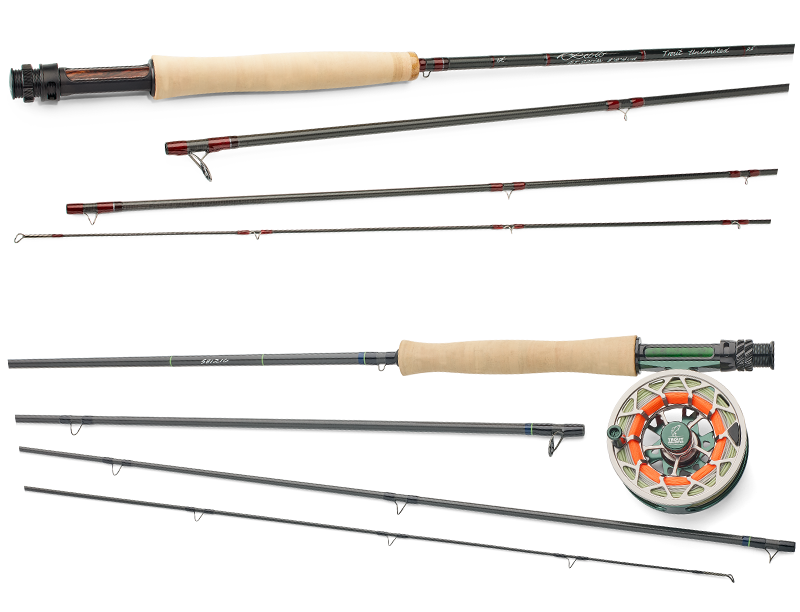Goals
Icicle Creek is the largest tributary of the Wenatchee River subbasin – a tributary to the Columbia River. Stream conditions, floodplain connectivity and riparian habitat below the wilderness boundary have been impacted by road construction, campgrounds, timber harvest, private development, fish passage impediments and water withdrawals by irrigation districts, the city of Leavenworth, the Leavenworth National Fish Hatchery (Leavenworth NFH) and private parties. (Andonaegui, 2001; Berg and Lowman, 2001).
Local technical experts and NOAA-Fisheries have identified assessment of passage at the Icicle Creek boulder field (RM 5.6) as a priority action. There are more than 26 main-stem miles of potential fish habitat available above the boulder field. Ecosystem Diagnosis and Treatment (EDT) and Interior Columbia Technical Review Team (ICTRT) intrinsic potential models predict very large increases in capacity for steelhead with access to the upper Icicle. The habitat above the boulder field is more than 20 miles of virtually undisturbed US Forest land and wilderness.
TU has completed a Boulder Field passage assessment, convening technical experts and stakeholders, and developed preferred alternatives to achieve passage at the Boulder Field. TU has utilized local expertise, regional fish passage engineers, key watershed stakeholders and other regional scientists to identify fish passage impediments, anthropogenic impacts on passage as well as site appropriate fish passage alternatives. A preferred alternative has been selected and construction should begin in 2019-2020 and will include updated fish screens for a local irrigation district and the City of Leavenworth.
Staff Contact
Aaron Penvose, project director, TU Washington Water Project

